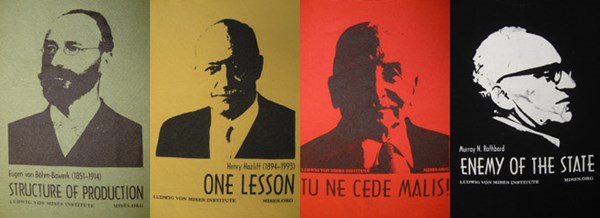Economics in One Lesson
Okay…so I can’t teach you economics in one lesson, but the title of this blog post just happens to be the title of one of my favorite books. “Economics in One Lesson” was written by Henry Hazlitt in the mid 1940s.
Share



ECi Software Solutions, Inc.
Featured Content
View More
Autodesk, Inc.
Featured Content
View More



Takumi USA
Featured Content
View More.png;maxWidth=45)
DMG MORI - Cincinnati
Featured Content
View More
Okay…so I can’t teach you economics in one lesson, but the title of this blog post just happens to be the title of one of my favorite books. “Economics in One Lesson” was written by Henry Hazlitt in the mid 1940s. It summarized what he had learned about economics as one of the country’s leading business journalists during the Great Depression. Hazlitt gives the one lesson early in the book:
“The art of economics consists in looking not merely at the immediate but at the longer term effects of any act or policy; it consists in tracing the consequences of that policy not merely for one group but for all groups.”
The rest of the book applies the one lesson to various economic policies—taxes, industry bailouts, labor unions, price controls, minimum wages and more.
Just to show you how highly I think of this book, I have a T-shirt with the one lesson quoted on the back and the author on the front. (The T-shirt samples in the photo above are some of my other favorite economists—all of the Austrian persuasion). My economic philosophy and forecasting methodology have been built upon this lesson as well as the ideas from another book, “Ahead of the Curve” by Joseph Ellis.
In this blog I’ll take various pieces of macroeconomic data (like debt levels, consumer spending and industrial production) and see how they correlate to each other using rate-of-change curves. This will allow us to tie the big picture of the economy to the metalworking industry and see where the industry is headed.

.JPG;width=70;height=70;mode=crop)






























.jpg;maxWidth=300;quality=90)



.jpg;maxWidth=300;quality=90)

